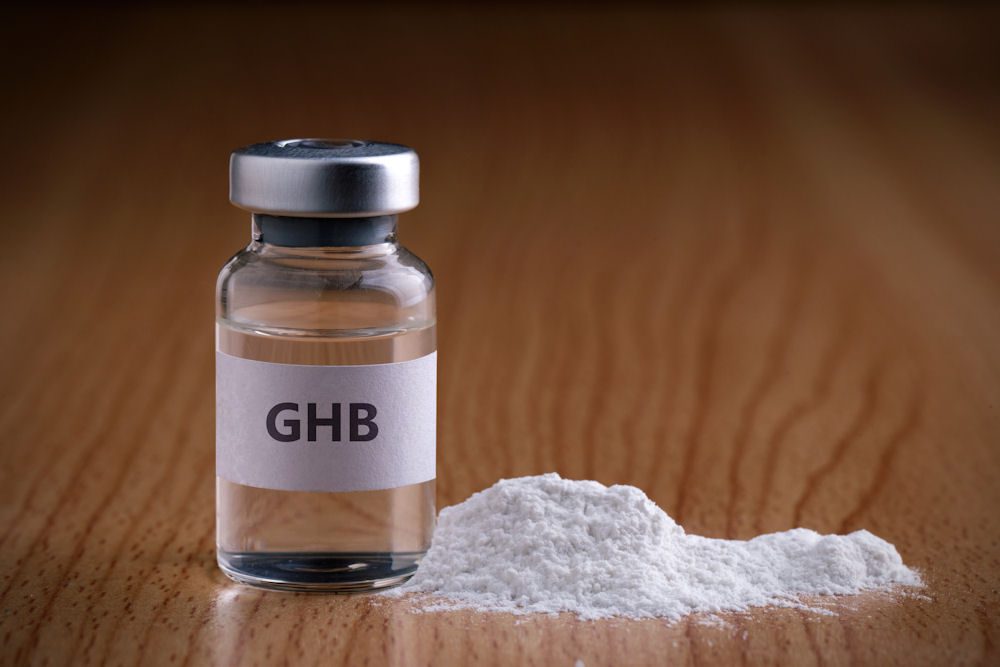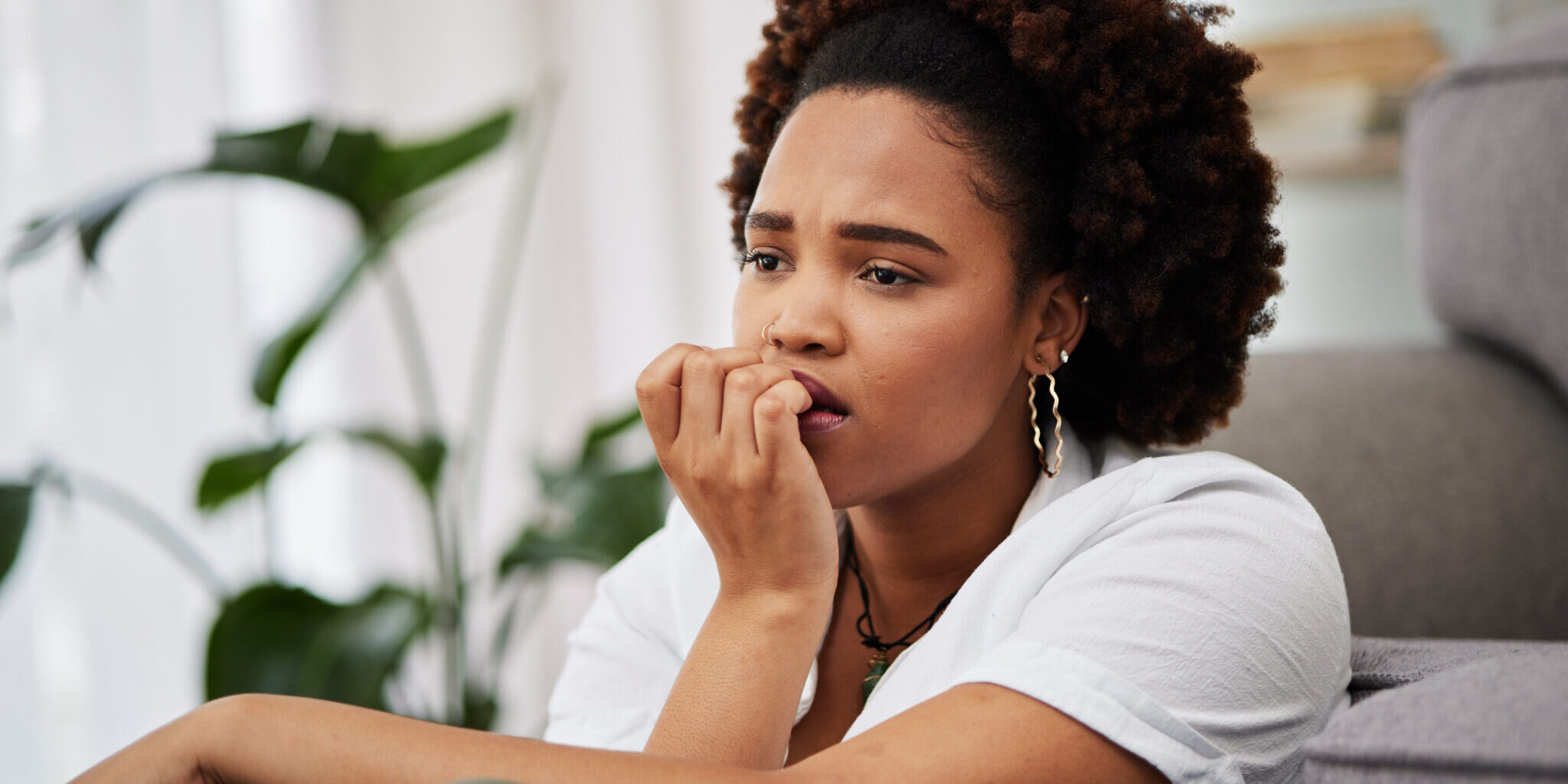GHB is a substance with effects that can impact both physical and mental well-being. It has been associated with various risks, including misuse in social settings. The Lovett Center provides support for individuals facing substance-related challenges, including prescription drug addiction, offering therapeutic resources to navigate recovery and promote overall well-being.
What is GHB?
GHB is a central nervous system depressant that slows brain activity and bodily functions. It is sometimes prescribed for narcolepsy but is often misused. On the street, it goes by names like Liquid Ecstasy, Georgia Home Boy, and G.
People abuse GHB by mixing it with alcohol or other drugs to enhance its effects. It is often taken in liquid form, but it can also be found as a powder. Some use it to relax or experience euphoria, while others take it in party settings.
Because it can cause drowsiness and memory loss, it has been linked to unsafe situations. Its effects come on quickly, making it risky to use without knowing the dosage. Regular misuse can lead to dependence, making it difficult to stop without help.
Withdrawal symptoms can be severe, which is why professional support is often needed. Anyone struggling with GHB use may benefit from seeking guidance to address its impact on their health and well-being.
What are the Signs and Symptoms of GHB Addiction?
GHB addiction can affect both physical and mental health, making daily life difficult. What is GHB addiction? It happens when someone becomes dependent on the drug and struggles to stop using it. Over time, tolerance builds, leading to higher doses and increased risks.
Signs and Symptoms of GHB Addiction
- Cravings – A strong urge to use GHB, even when trying to quit.
- Higher Tolerance – Requiring larger amounts to achieve the same effects.
- Memory Problems – Difficulty remembering events, especially after using.
- Mood Swings – Sudden irritability, depression, or anxiety.
- Struggled Focus – Finding it hard to concentrate or make clear decisions.
- Withdrawal Symptoms – Nausea, tremors, sweating, and trouble sleeping when stopping use.
- Physical Weakness – Muscle stiffness, fatigue, or coordination problems.
- Risky Behavior – Using GHB in unsafe situations, such as mixing it with other substances.
- Isolation – Pulling away from loved ones and losing interest in previously enjoyed activities.
- Continued Use Despite Consequences – Using GHB even when it causes harm to health, relationships, or responsibilities.
Recognizing these signs can help individuals seek professional support. Treatment options are available to help people regain control and work toward recovery.
What are the Causes and Risks of GHB Addiction?
GHB addiction can develop due to repeated use, leading to physical and psychological dependence.
- Recreational Use – Some people take GHB for relaxation or euphoria.
- Self-Medication – Misuse to cope with stress, anxiety, or sleep problems.
- Genetics – A family history of addiction may increase vulnerability.
- Mental Health Conditions – Anxiety, depression, or trauma can contribute to misuse.
- Past Substance Use – Prior drug or alcohol use raises the risk of dependence.
- Peer Pressure – Social settings may encourage repeated use.
- Easy Access – Availability makes misuse more likely.
- Dependence – The brain adapts, making it harder to quit.
- Cravings – A strong urge to keep using, even when trying to stop.
- Higher Doses Over Time – Tolerance builds, increasing the amount needed.
- Mixing with Other Substances – Combining GHB with alcohol or drugs heightens dangers.
- Unpredictable Effects – Varying doses can make addiction more likely.
- Withdrawal Challenges – Stopping suddenly can be difficult without support.
Understanding what GHB addiction stems from can help people make informed choices about their health.
What are the Effects of GHB Addiction on the Body?
GHB addiction affects the body in many ways, interfering with essential functions and overall health. What is GHB addiction doing to the body? It impacts the nervous system, heart, muscles, and other vital organs. Short-term and long-term effects can make daily life difficult and increase health risks over time.
Short-Term Effects
- Drowsiness – Causes excessive sleepiness, making it hard to stay alert.
- Dizziness – Affects balance and coordination, increasing the risk of falls or accidents.
- Nausea and Vomiting Can occur after frequent use, leading to dehydration.
- Slowed Heart Rate – Reduces circulation, affecting oxygen flow to the brain and muscles.
- Breathing Problems – These may cause shallow or irregular breathing, leading to oxygen deprivation.
- Loss of Coordination – Makes movement clumsy, increasing the risk of injury.
Long-Term Effects
- Physical Dependence – The body struggles to function normally without GHB.
- Weakened Muscles – Leads to stiffness, cramps, and reduced strength over time.
- Sleep Disturbances – Disrupts natural sleep patterns, causing fatigue.
- Hormonal Imbalances – Affects metabolism, mood, and reproductive health.
- Liver and Kidney Strain – Increases stress on these organs, potentially leading to long-term damage.
- Cognitive Issues – Impairs memory, concentration, and decision-making abilities.
Over time, these effects can make recovery more challenging. Seeking support can help improve overall health and restore balance in the body.
What are the Effects of GHB Withdrawal and Overdose?
GHB withdrawal and overdose can have serious effects on the body and mind. What is GHB withdrawal like? It occurs when someone dependent on GHB stops using it, leading to uncomfortable and sometimes dangerous symptoms. Overdose happens when too much GHB is taken, overwhelming the body’s ability to process it.
- Anxiety and Agitation – Feelings of restlessness, panic, or irritability.
- Tremors and Shaking – Uncontrollable muscle movements, especially in the hands.
- Sweating and Chills – Sudden temperature changes cause discomfort.
- Nausea and Vomiting – Digestive issues that make eating difficult.
- Insomnia – Difficulty sleeping, leading to exhaustion.
- Increased Heart Rate – Rapid pulse, sometimes accompanied by high blood pressure.
- Hallucinations – Seeing or hearing things that aren’t real in severe cases.
- Extreme Drowsiness – Struggling to stay awake or unconsciousness.
- Slow or Stopped Breathing – This can lead to oxygen deprivation.
- Seizures – Uncontrolled body movements due to brain disturbances.
- Vomiting – Risk of choking while unconscious.
- Loss of Muscle Control – Inability to move or respond.
GHB Abuse and Co-occurring Disorders

GHB abuse often occurs alongside mental health conditions, creating additional challenges. What is GHB abuse linked to? It frequently coexists with anxiety, depression, or trauma-related disorders. Some individuals misuse GHB to cope with emotional distress or sleep issues. Over time, this pattern can make both conditions worse, increasing dependence on the drug.
Common Co-Occurring Disorders
- Anxiety Disorders – GHB may be used to reduce stress but can lead to increased anxiety over time.
- Depression – Mood swings and emotional lows may worsen with continued use.
- Post-traumatic stress disorder – Some individuals use GHB to escape intrusive thoughts or flashbacks.
- Bipolar Disorder – Mood instability can intensify when GHB is involved.
- Substance Use Disorders – People misusing GHB may also struggle with alcohol or other drugs.
GHB affects brain chemistry, making mental health symptoms more unpredictable. Withdrawal can trigger severe emotional distress, worsening existing conditions. What is GHB addiction’s impact on mental health? It creates a cycle where both substance use and mental health struggles feed into each other. Treating both issues together improves long-term recovery outcomes.
What are Recent Statistics About GHB Addiction?
GHB addiction, though less prevalent than other substance use disorders, presents significant health concerns. According to the Addiction Center, since 1990, there have been over 16,000 GHB-related overdoses in the United States.
Additionally, the same source reports that there have been 72 deaths directly linked to GHB use since 1990, though experts believe the actual number is likely higher.
The Substance Abuse and Mental Health Services Administration (SAMHSA) conducted a study published in July 2023 examining GHB use among adults in the United States. This study utilized data from the National Survey on Drug Use and Health between 2015 and 2020 to assess the prevalence and correlates of GHB use.
The Drug Enforcement Administration (DEA) highlights that GHB is produced illegally in both domestic and foreign clandestine laboratories. It is often sold in liquid form at bars or “rave” parties for $5 to $25 per capful. The DEA also notes that GHB has been encountered in nearly every region of the country.
While GHB addiction statistics are less comprehensive compared to other substances, the data underscores the importance of awareness and prevention efforts. Understanding what GHB addiction entails is vital for developing effective interventions and support systems.
The Lovett Center Offers Prescription Drug Addiction Treatment in Houston, Texas
The Lovett Center offers prescription drug addiction treatment in Houston, Texas, providing support for those struggling with substances like GHB. What is GHB addiction? It develops when repeated use leads to dependence, making it difficult to stop without help. The Lovett Center offers individualized care to address both physical and emotional challenges.
Comprehensive Treatment Services
- Therapy Options – Individual counseling and group counseling to explore underlying causes of addiction.
- Medical Support – Assistance with withdrawal symptoms in a safe, supervised environment.
- Mental Health Care – Support for co-occurring conditions like anxiety and depression.
- Holistic Approaches – Mindfulness, nutrition, and wellness programs to support overall healing.
- Relapse Prevention – Tools and strategies to maintain long-term recovery.
What is GHB recovery like at The Lovett Center? It focuses on long-term success through personalized treatment and compassionate support. Support is available if you or someone you care about is facing challenges. Contact us today to learn more about available programs and start the journey to recovery.




